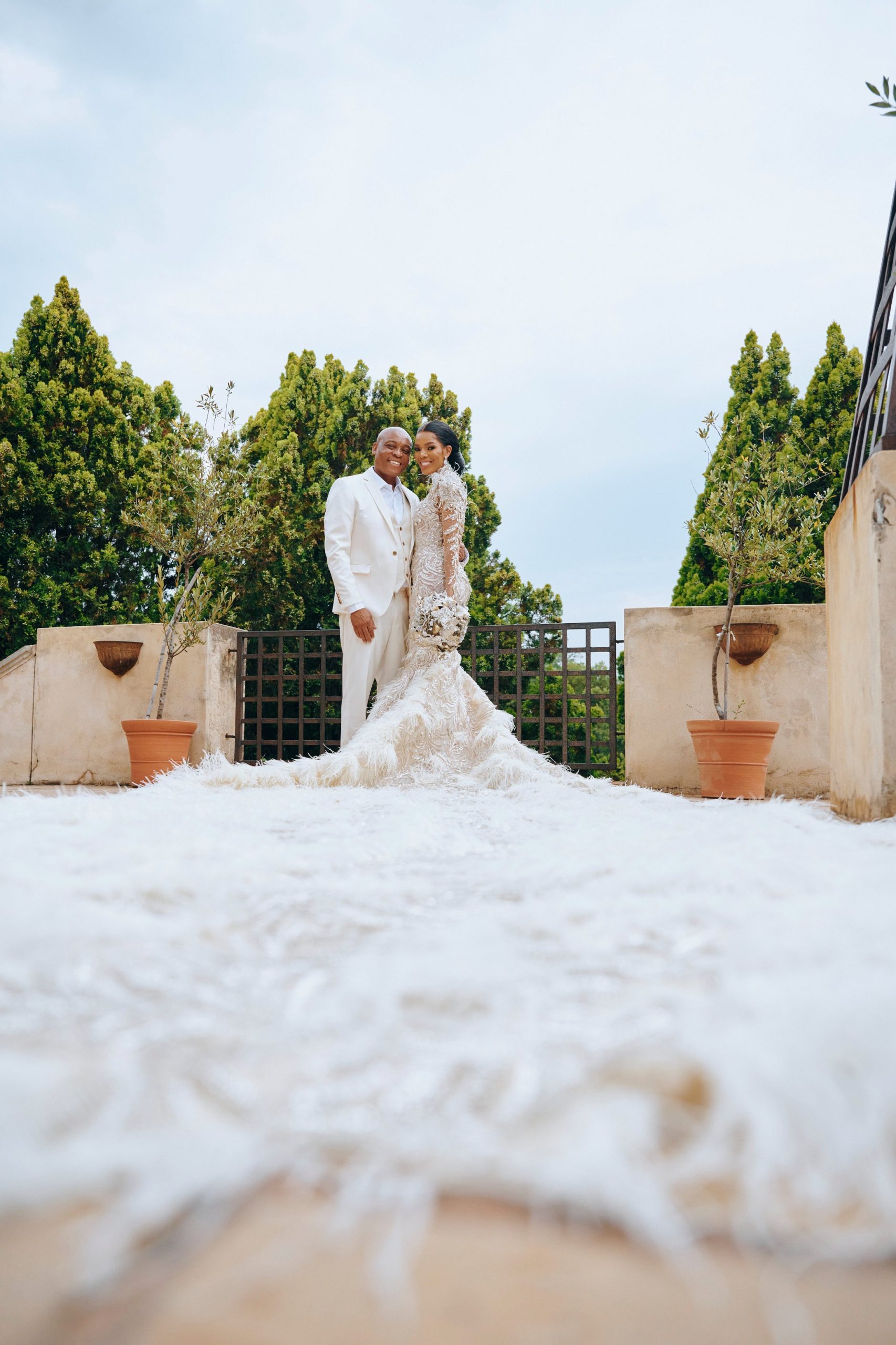*Statistics mentioned all in relation to the country of South Africa*
Recently, TikTok user @kimaotung sparked a conversation about marriage by framing it as social currency. She mentions and elaborates on this point by saying that younger femmes today are not as confined to the pressures of marriage as older femmes were 20 to 30 years ago.
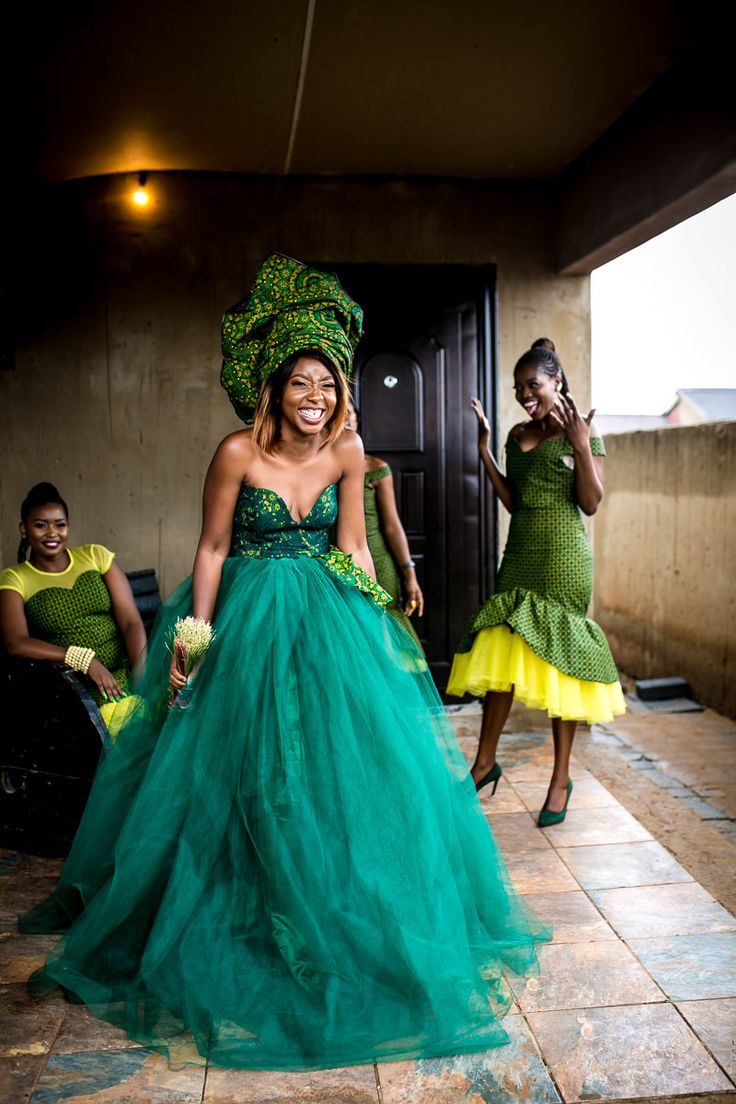
As the freedom of femmes regarding whether they choose to get married or not increases, the social currency of marriage decreases. The social impact behind saying “I am a wife” just isn’t as valuable as it once was and that is threatening to older femmes who submitted to the pressure to get married and have spent decades basing a lot of their self identity and self worth on their social standing as a wife.
The concept of marriage is one that is incredibly broad and it exists within many contexts. It is a common practice and historically has been done for benefits beyond just ‘love’. This is still a truth that exists today.
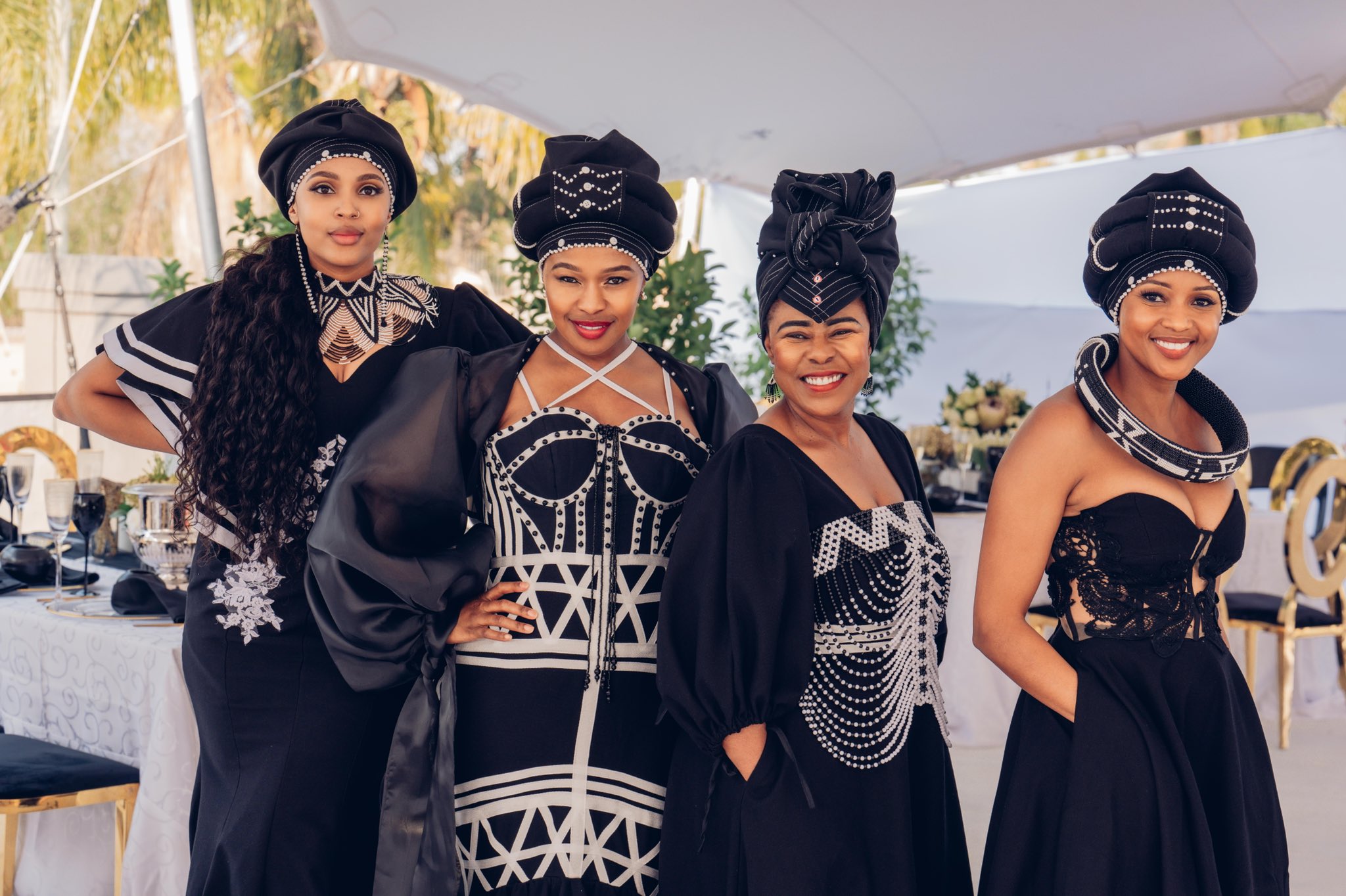
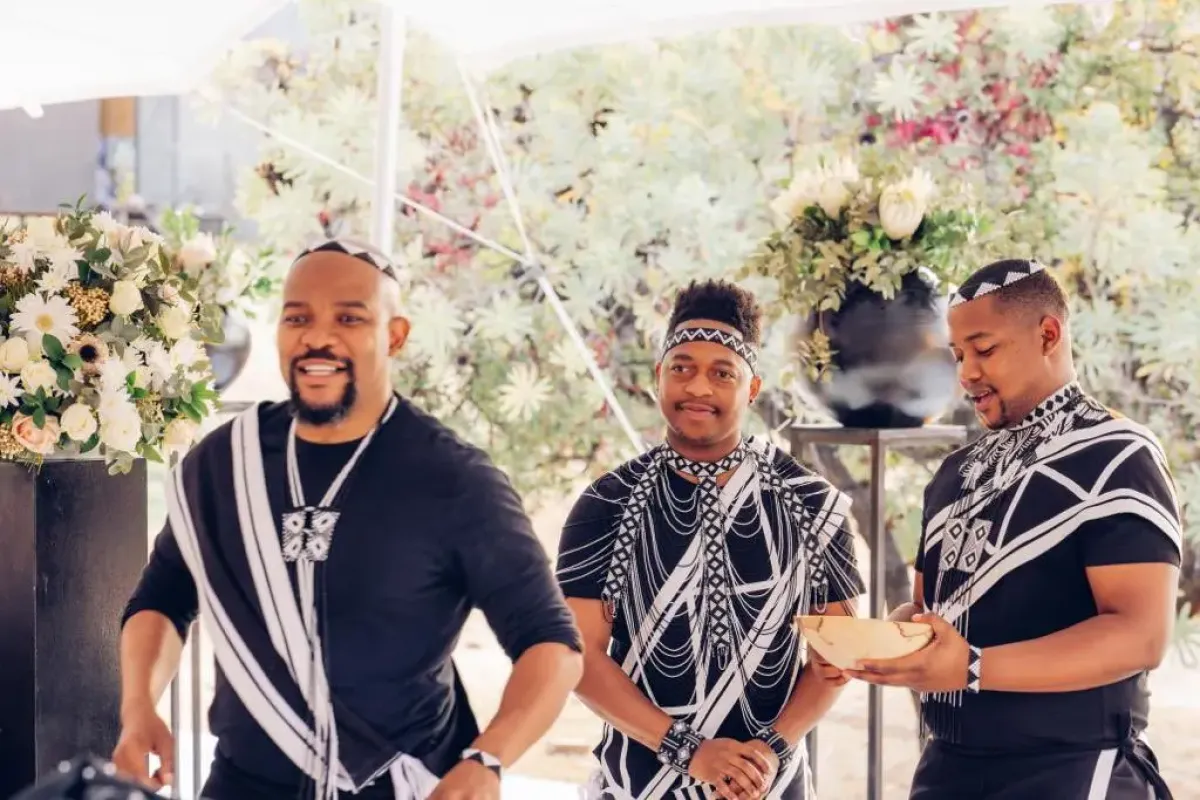
“Civil marriages fell by 22,5% between 2011 and 2019 and declined by a further 31,1% in 2020.”
There are many reasons why one decides to get married in South Africa, especially in a black household. A lot of the sentiments are still allied with patriarchy and are mainly tied in with cultural, financial and social aspects. As a black femme, the pressure that older black femmes put on us can be a bit pestering but as we enter our 20s and the years keep passing by it becomes suffocating.
Young girls are constantly told to stay away from men in society when they are growing up but then they are put in a position where they have to quickly find someone to be with when they reach the early stages of adulthood so that they can fulfil their duties by getting married and having children.
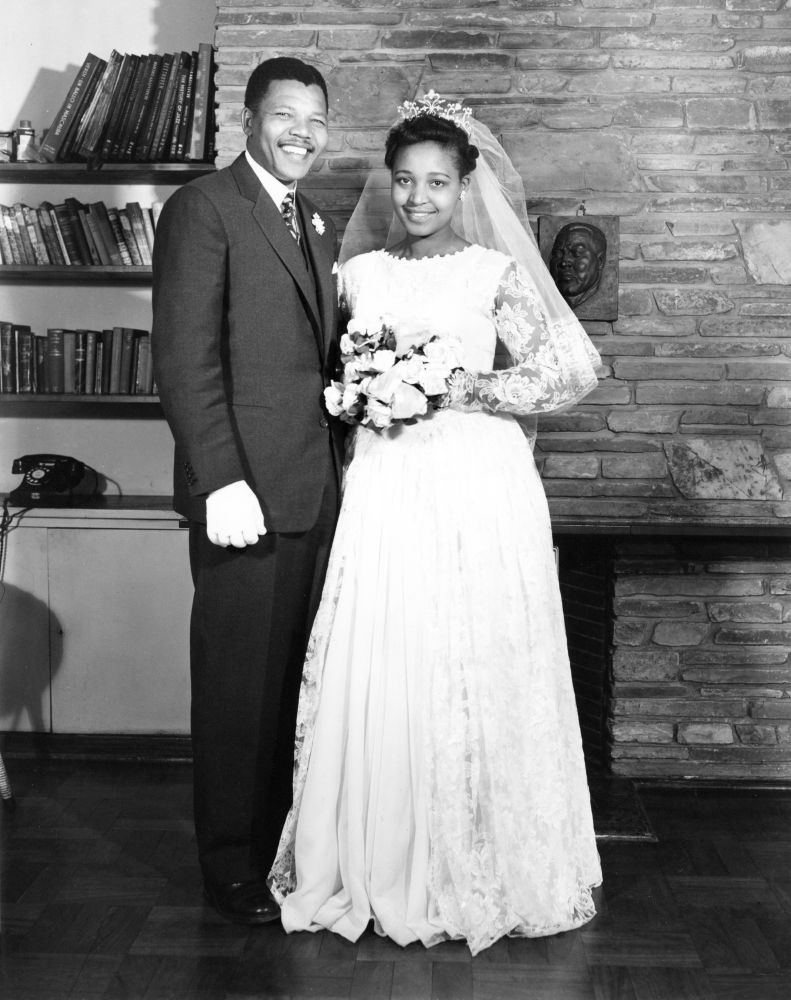
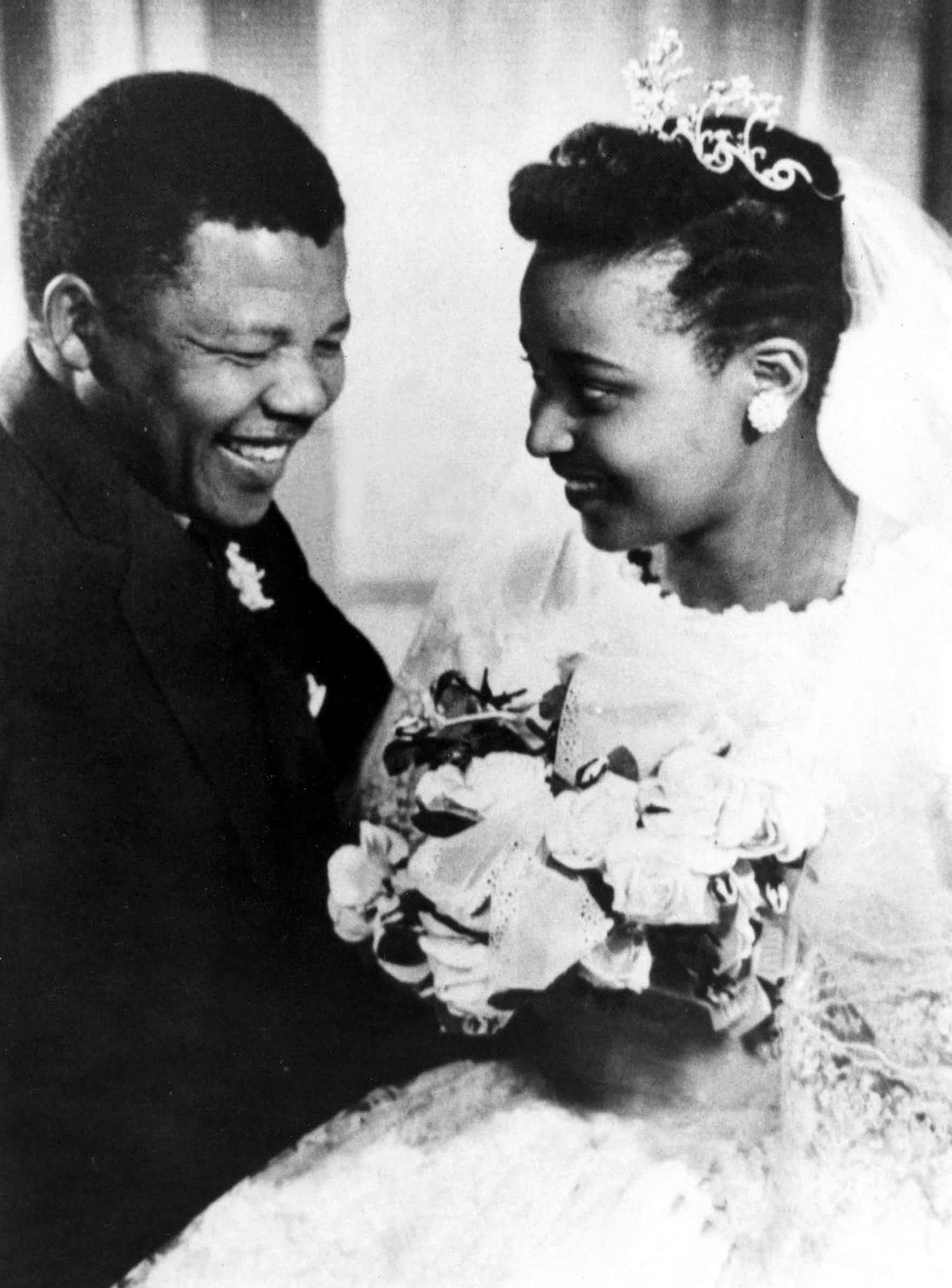
There’s nothing inherently wrong about having marriage as a dream for yourself however, there is something really exasperating and captive-esque about feeling like your entire existence depends on this dream — a dream that others may have for you.
In most black South African cultures, especially in the context of life in rural areas or villages and places rooted in tradition, femmes are expected to become wives (1st, 2nd, 3rd and so on) and bear children. It is an expectation. It is not really a choice depending on the context — and this becomes a heavy weight to carry.
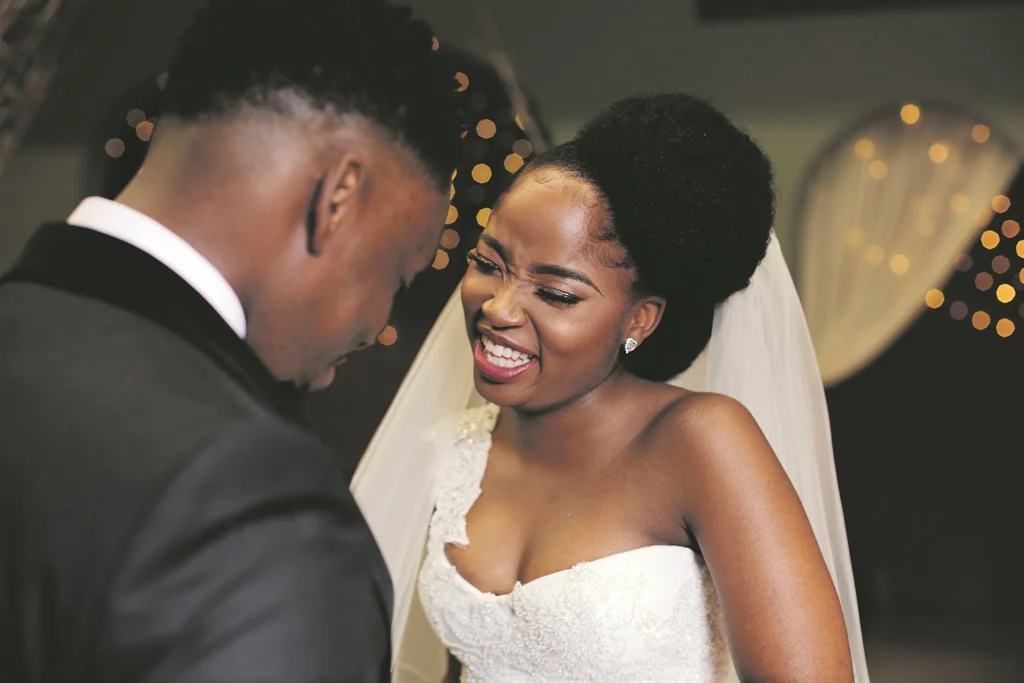
In line with Western environments or more contemporary locations, there is more space for choice when it comes to what a femme wants and can do. The humiliation aspect will still be there if you don’t get married but as the years have gone by, femmes have felt more freedom in living with their choices. They realise that they don’t have to get married if they don’t want to and nothing will fall apart.
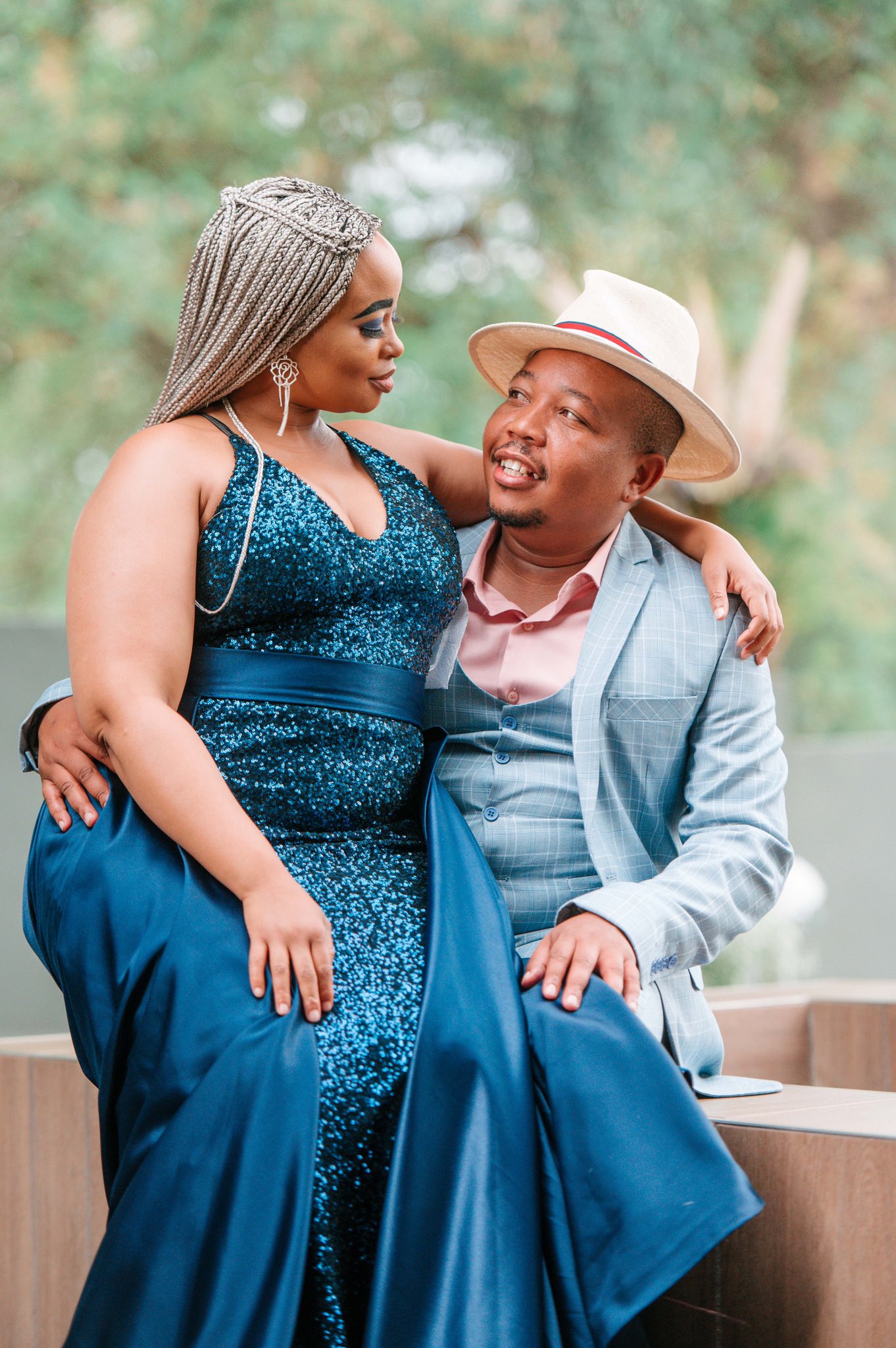
The reasons for marriage — religious, cultural or otherwise aren’t an issue at all, specifically when they are not harming anyone involved. However, as mentioned the concept of marriage has become social currency. You are perceived as a more valuable femme in society if you have a man by your side. If you are above 25 and haven’t found yourself with a ring on your finger, society says you are a “reject”. An outsider. The bad apple. You haven’t found your fulfilment as a human being because you didn’t do the one thing femmes are supposed to do — get married.
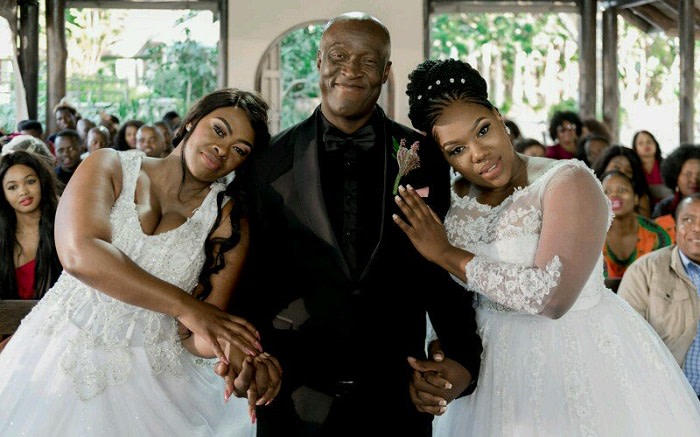
The truth is that — as TikToker @kimaotung mentions — when femmes are making choices about marriage, older femmes specifically might see this as a threat — because it is a threat to the very foundational thought, behaviour and decisions they made for their own life.
If marriage is such an option today what does that say to the femmes who felt suffocated to get married, who fell into marriages with men who they dont love or who treat them poorly? It tells them that they could have made a different decision somewhere down the line, it tells them that their status as a “wife” no longer matters and it tells them that they might have been able to have a happier life had they been young today.
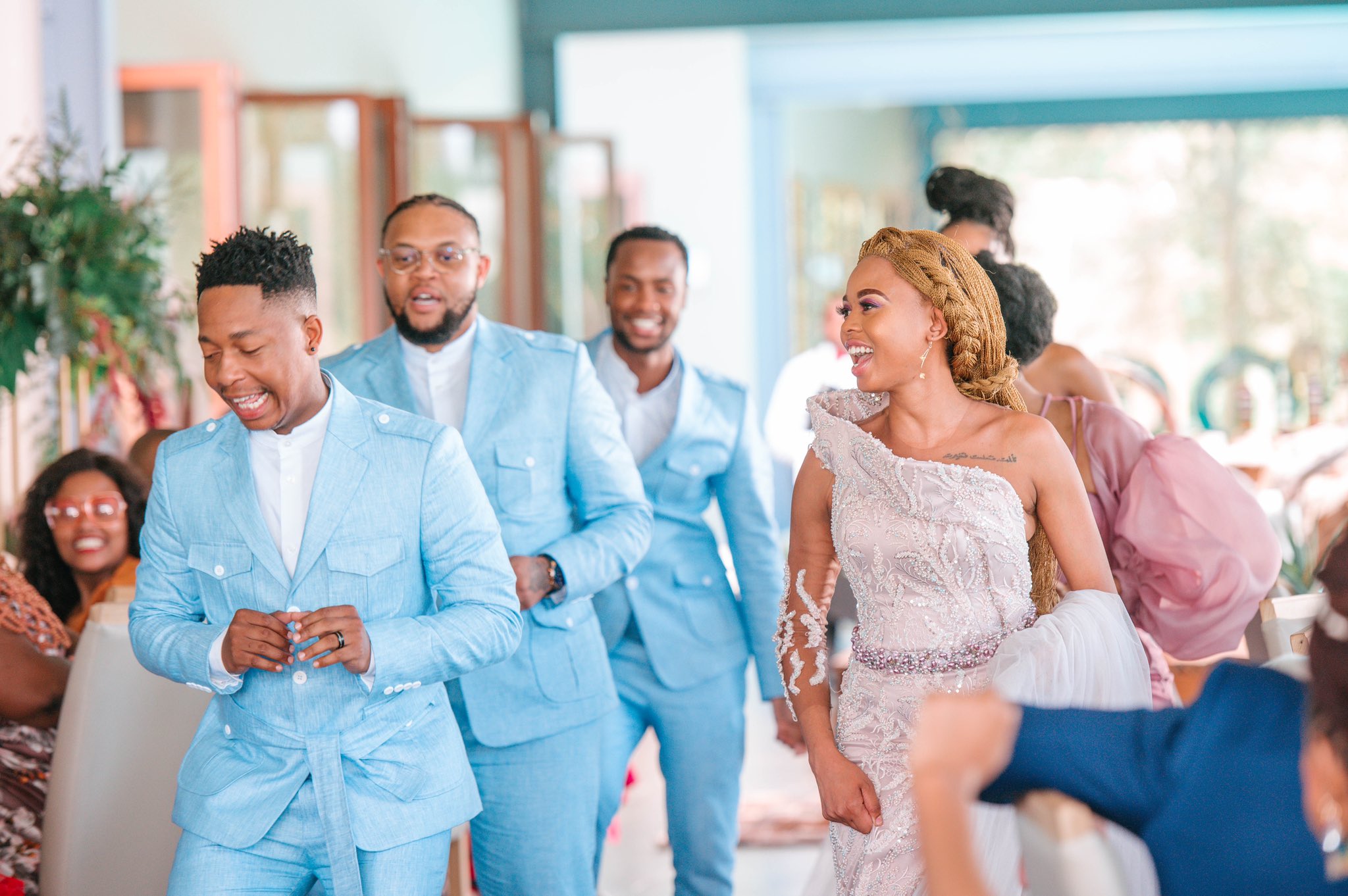
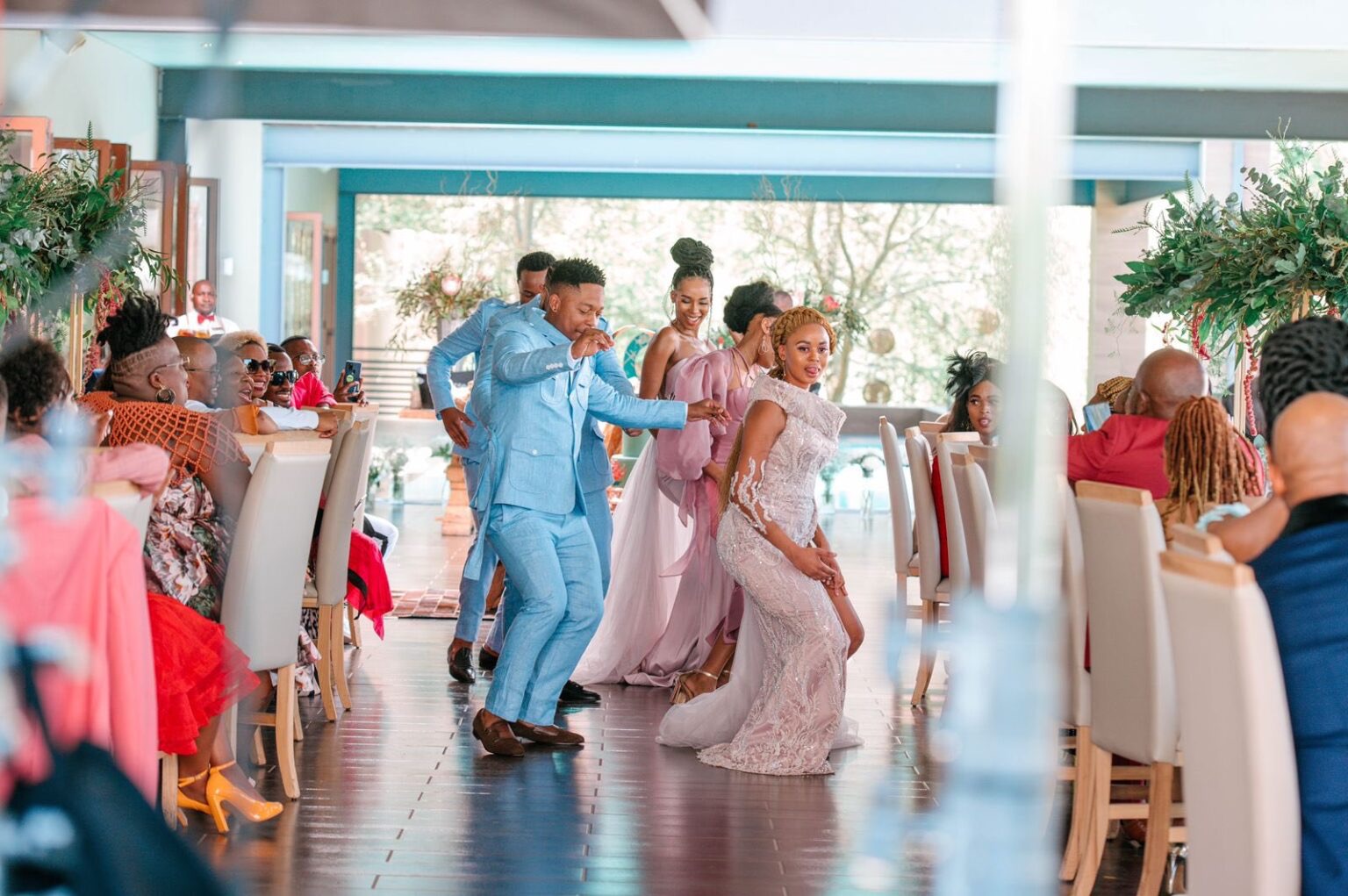
I urge that as a society we keep widening the space for femmes to exercise their autonomy in relation to the idea of marriage or their own interaction with marriage.
There are femmes who would genuinely gain happiness from being in a marriage and there are femmes who would gain happiness from living their lives partner free.
Women are a diverse group of people — obviously and it is unreasonable to keep sending the message that it is a femme’s greatest achievement to get married. Femmes will continue shifting dynamics even in these marriages themselves.
